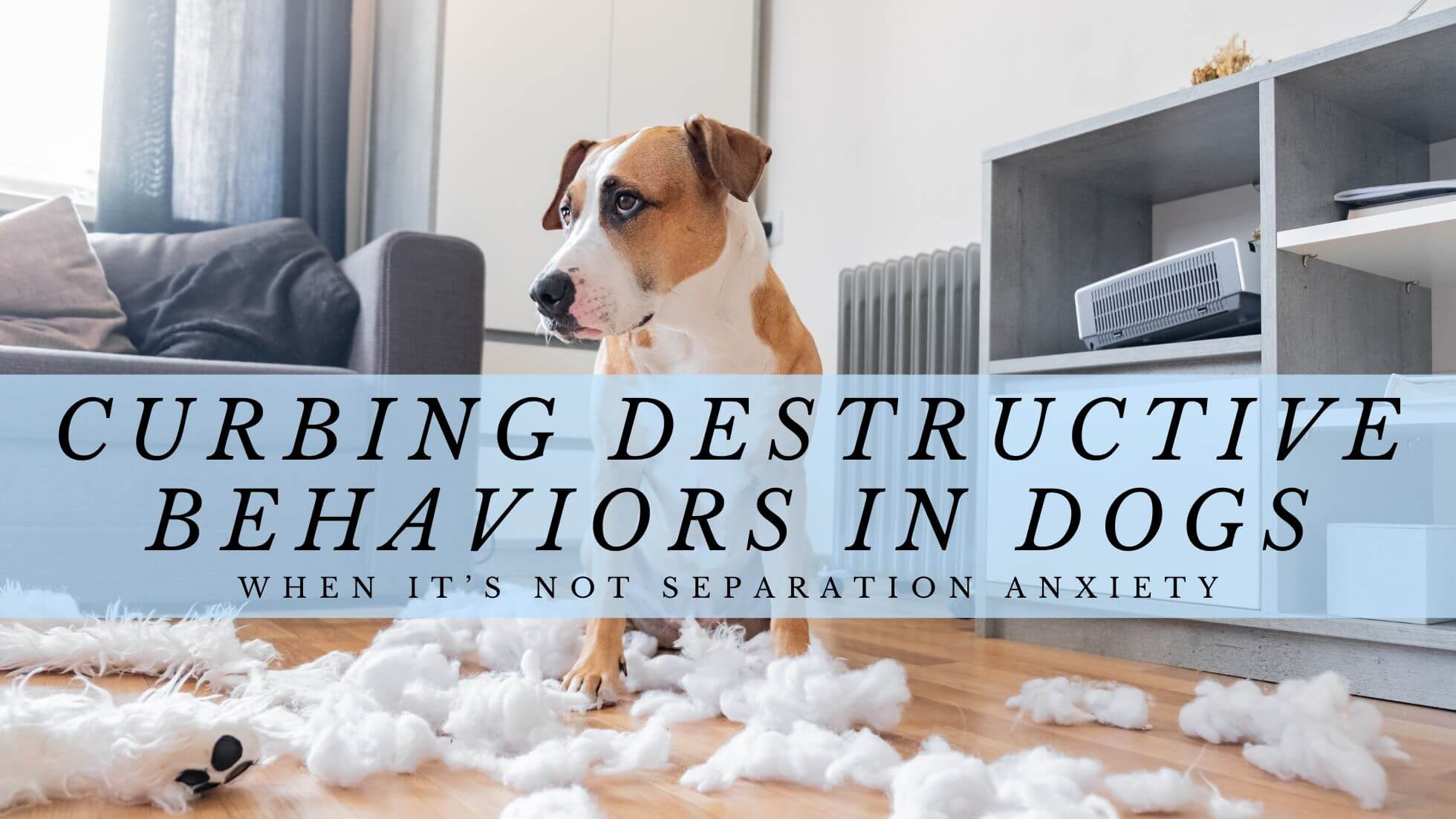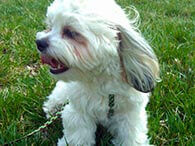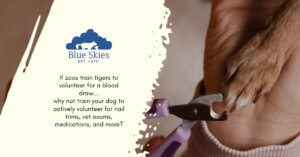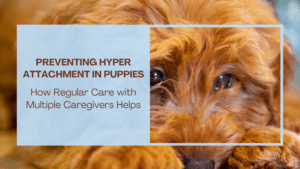Hello again, devoted dog parents! 🐾
If you’ve read our previous post about separation anxiety in dogs, you might have had that lightbulb moment—My dog doesn’t have separation anxiety, they’re just bored! This one’s for you. Today, we’re tackling those naughty behaviors like chewing, digging, and general mischief that occur when you’re not at home. Unlike separation anxiety, these behaviors can usually be attributed to boredom or lack of proper outlets for natural instincts.
What Are We Dealing With?
The “symptoms” of a bored dog can be misleadingly similar to those of a dog with separation anxiety:
- Chewing: Furniture, shoes, whatever they can find
- Digging: In the yard or even in your potted plants
- Random Barking: Not the 24/7 constant kind that signifies distress, but more sporadic
- Scavenging: Going through trash or counter-surfing
🤔 How is this different from separation anxiety?
In a nutshell, these behaviors don’t have the emotional distress element. Your dog isn’t trying to find you; they’re simply finding ways to pass the time.
Root of the Issue
- Lack of Exercise: Just like us, dogs need regular physical and mental stimulation.
- Lack of Engagement: Dogs are social animals; when they don’t get to interact, they find ways to entertain themselves.
- Natural Instincts: Chewing and digging are natural behaviors for dogs; they just need appropriate outlets.
Tips to Curb and Prevent Destructive Behaviors
- Regular Exercise: Walks, fetch, or even a run can drain that excess energy and keep your dog calmer. Admittedly we don’t all have time for fitting in as much exercise and enrichment as our dogs require. If you fit into this category, consider a dog walking service like this one. This is most effective on a regular schedule – multiple times per week on days you are not able to fit in time.
- Interactive Toys: Invest in toys that stimulate your dog’s brain. Puzzle feeders or toys that they have to figure out can keep them busy for hours.
- Safe Spaces: It is important to recognize what your dog chews and how much freedom they can have when they are alone, whether for short or extended periods. Create an pet-proofed room or crated area with their bed, toys, and some water when unsupervised. You can also use baby gates to manage where your pet is allowed. This will become their safety zone. Safe for them… and safe for your stuff!
- Training: Use cues like ‘leave it’ or ‘stay’ to instill the ability to stop “bad” behavior when it’s happening. Local dog trainers such as Blue Skies Pet Care offer great manners courses.
- Positive Reinforcement: Always reward good behavior. This reinforces that they did something right.
A Note to Parents of “Chewers”
If your dog loves to chew, consider investing in dog-safe chew toys or bones. This way, they can satisfy their natural urge to chew without destroying your belongings.
Community Input
Do you have tips or success stories about curbing destructive behavior in dogs? Please share in the comments! You never know, your story could provide the ‘aha’ moment for another dog parent in our community.
While boredom-induced behaviors are less emotionally fraught than separation anxiety, they still require your attention. Our dogs depend on us to help them lead their happiest, healthiest lives.
Stay committed, and stay paw-sitive! 🐶❤️
P.S.: If you’re concerned about separation anxiety, we’ve covered that topic in detail as well. Click here to read our Comprehensive Guide on Understanding Separation Anxiety in Dogs.
Happy parenting, folks! 🐾




